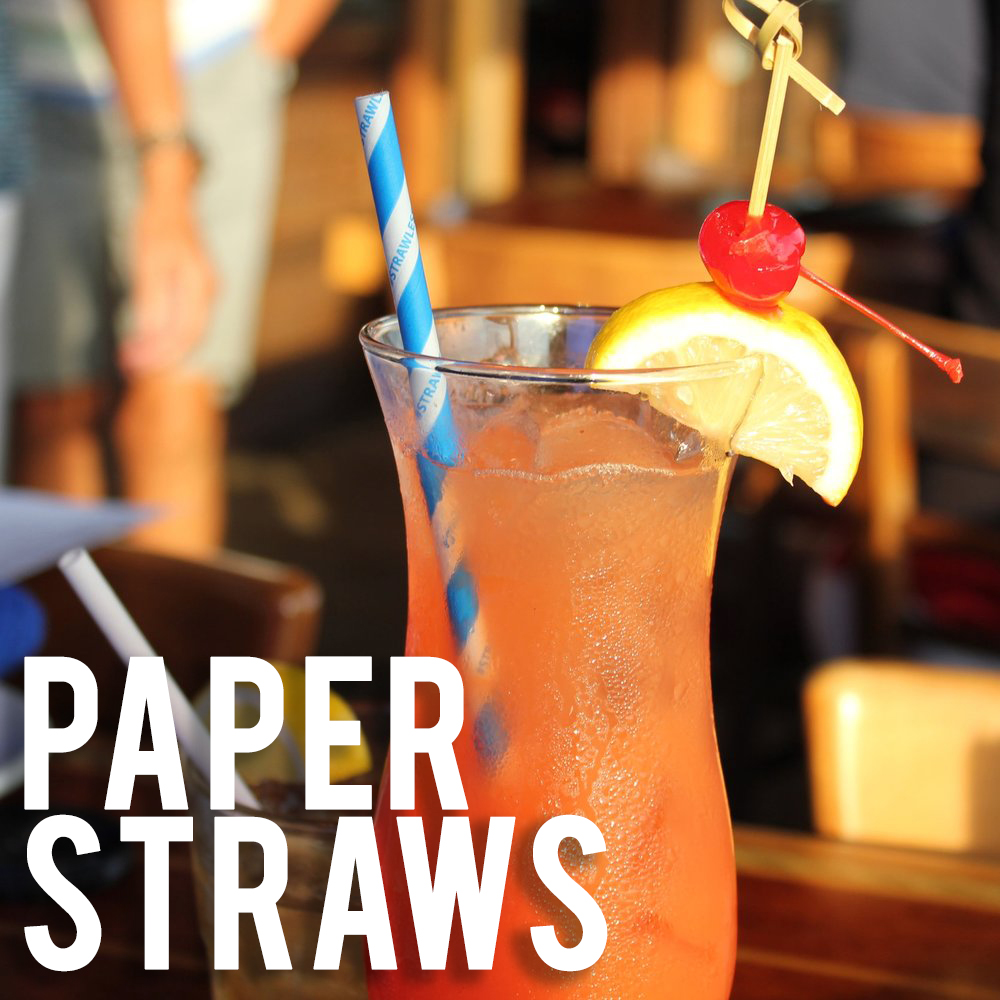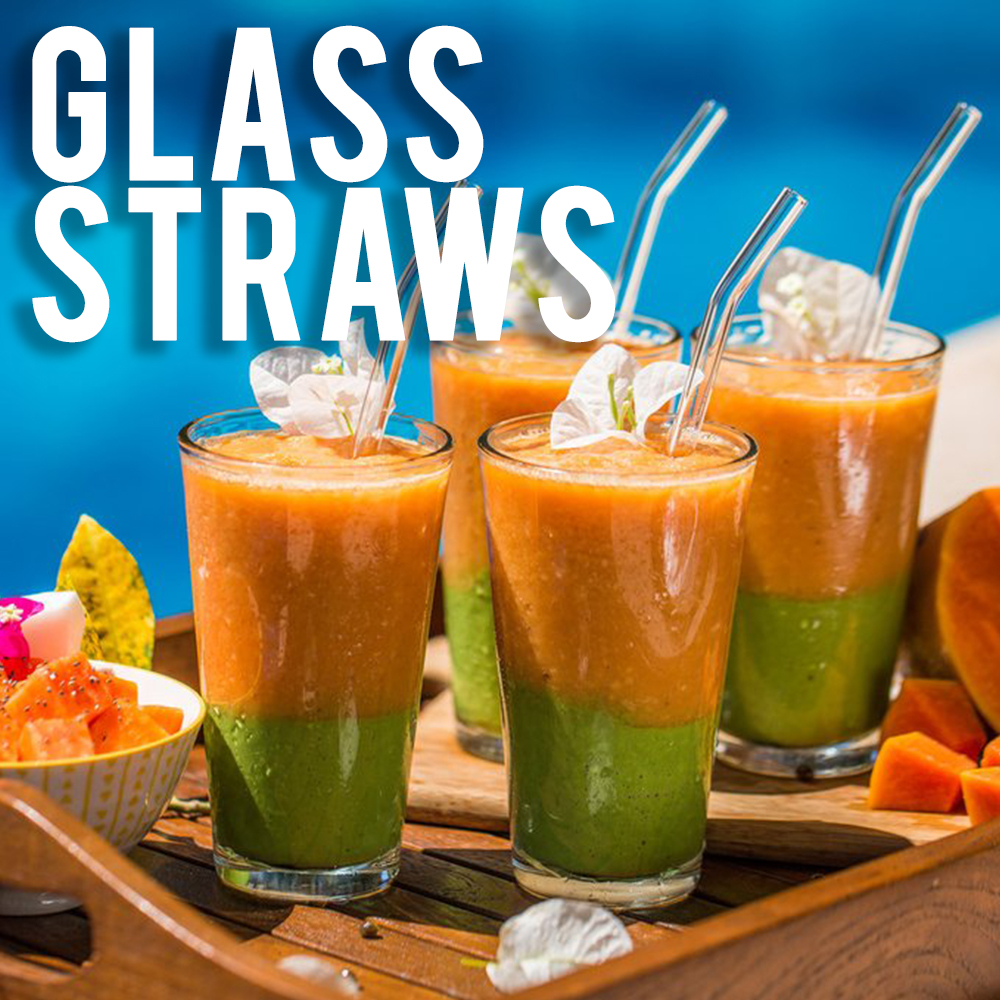Plastic Straws – a Recycling Problem
A Commodity
Have you ever paid attention to how many straws you use each day? From the start of your day– whether drinking iced coffee or stirring a hot one, to the soda that comes with your lunch or the cocktail during your evening out, plastic straws are everywhere. The U.S. uses 500 million drinking straws each day, averaging 1.6 straws per person.
Non-recyclable?
There is a common misconception that plastic straws are recyclable. Although the plastic they are made from is technically recyclable, they are not accepted in curbside recycling programs. Plastic straws are too lightweight to make it through the mechanical recycling sorter. They drop through sorting screens and mix with other materials and are too small to separate, contaminating recycling loads or getting disposed as garbage. Because straws are non-recyclable, they end up landfills. Internationally they frequently end up in rivers and oceans.
Ocean Problems
Not many people realize that straws are among the top 10 items found during beach clean ups and are a major threat to seabirds, turtles and other marine creatures. It’s estimated that by the year 2050 there will be more plastic in the ocean than fish. An estimated 71% of seabirds and 30% of turtles have been found with plastics in their stomachs. When they ingest plastic, marine life has a 50% mortality rate.
Not only does plastic in the ocean hurt marine life, but it is also dangerous to humans. Plastic debris floating in the oceans absorbs dangerous pollutants like PCBs, DDT and PAH; these toxic chemicals can cause endocrine disruption and cancer-causing mutations. When marine life consumes pieces of plastic, the toxins are absorbed into their body and passed up the food chain and end up on our dinner plates.



Do Your Part
Straws are mainly consumed through restaurants. With recent attention drawn to the severity of plastic in the ocean, especially straws, many parts of the U.S. are taking steps to reduce straw consumption. Seattle is in talks to ban straws this year, and California is proposing an opt-in law where they would only be provided if asked for by customers. Many other family owned businesses are removing straws from their restaurants. The best way to do your part is to ask your server to leave the straw behind.
Whether you’re accustomed to the straw life and aren’t ready to give it up or you have a condition that requires a straw, there are alternatives.




